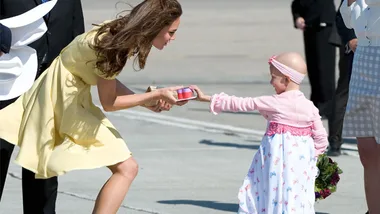Those were the questions confronting the families in this story who had no idea, until very recently, that they were not only related, but directly descended from the woman at the centre of one of Australia’s most notorious criminal sagas.
Louisa Collins was put on trial for the murder of her two husbands – not once or even twice but an extraordinary four times.
Three juries declined to convict her, and who could blame them? All the evidence was circumstantial. Nobody saw Louisa do it. She protested her innocence. The only thing linking her to her husbands’ deaths was the box of rat poison in her kitchen, but everyone had a box of rat poison in their kitchen in rat-infested, swampy Sydney in 1888.
Yet the Crown wouldn’t give up. It just kept trying her, until the fourth jury finally gave in, and said: Guilty.
Louisa was sentenced to hang. The injustice of it – four trials, in front of 48 male jurors; women without so much as the vote, let alone a representative in parliament – prompted hundreds of previously silent female inhabitants of the colony to rise up and begin a fierce campaign for women’s rights.
The Premier, and the judiciary, turned their nose up at these women. They ordered Louisa hanged, and it was ghastly. It had been so long since a woman had been hanged in NSW that the executioner misjudged the drop, and almost tore Louisa’s head off.
No woman would ever again be hanged in New South Wales. But the women who had been fighting for her life didn’t stop campaigning. In less than 15 years, they had the vote.
Louisa’s trial, and the campaign that followed, is the subject of a new book called Last Woman Hanged. I wrote it. But I didn’t dare publish it, not without first trying to find Louisa’s descendants.
How much did they know? What did they believe? What would they say when they found out they were descended from Louisa? This wasn’t like having a convict ancestor, somebody who maybe stole a piece of fabric and ended up on the First Fleet. This was murder. This was a woman, hanged.
The process of finding, and telling, the true story of Louisa Collins, has been among the most rewarding endeavours of my professional life. Finding her family – well, that has been an incredibly emotional journey of discovery, for all of us.



